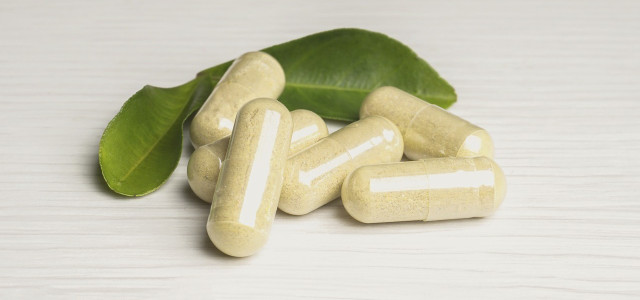We all need vitamin B12 for our bodies to function properly. However, have you ever wondered if taking too much vitamin B12 does more harm than good? Read on to find out.
Vitamin B12 supplements are one of the main recommendations for vegans and vegetarians. Since this vitamin is often found in meat and dairy products, it can be a bit tricky to ensure proper intake when following a plant-based diet. Taking a B12 supplement is often recommended to meat eaters as well, since a deficiency of this vitamin can cause anemia and nervous system damage. But can too much vitamin B12 eventually become harmful? Let’s take a look.
Benefits of Taking Vitamin B12 Supplements



(Foto: CC0 / Pixabay / Pexels)
The National Institutes of Health (NIH) recommend that people over 14 years old take 2.4 micrograms of vitamin B12 every day. Since your body doesn’t produce this vitamin on its own, it’s important that you get it from other sources. Taking a supplement of this vitamin can be especially beneficial for those following a plant-based diet. However, even if you regularly eat meat or animal products, it’s important to ensure you’re getting the amount of B12 your body needs. Here are some of the benefits this vitamin has when you are taking the right amount:
- It helps prevent anemia: Vitamin B12 helps produce red blood cells for your body. When your levels of B12 are too low, the regular production of red blood cells is altered, which can cause anemia. This can manifest in symptoms such as fatigue, headaches, and general weakness.
- It can improve your mood: In addition to producing red blood cells, B12 vitamin also plays a role in the metabolization process of serotonin, also known as the “feel-good” hormone. For this reason, a B12 deficiency can lead to a depressed mood. One study found that low levels of this vitamin were associated with two times the risk of severe depression in older women. A different study showed that higher levels of vitamin B12 may increase the probability of recovery from a major depressive disorder.
- It may support your bone health: Low levels of B12 have been associated with more risk of osteoporosis. A study showed that patients with a deficiency in this vitamin had lower bone mineral density than usual. When this happens, bones can become fragile over time and lead to osteoporosis. In addition, there also seems to be a link between low levels of vitamin B12 and poor bone health in elderly women.
- It can help boost your energy: One of the common signs of low levels of B12 is lack of energy and fatigue. Taking a B12 supplement will likely help improve energy levels.
Potential Drawbacks of Too Much Vitamin B12



(Foto: CC0 / Pixabay / Sammy-Sander)
Vitamin B12 is considered a safe vitamin due to its low toxicity, even when levels are high. Due to its water solubility, our body eliminates the excess of B12 that we don’t need through the urine. If your body has difficulty absorbing vitamin B12, your doctor might recommend a shot instead of oral capsules. In these cases, too much vitamin B12 in your body can cause some negative side effects, including:
- Dizziness and headache
- Nausea and vomiting
- Diarrhea
- Skin irritation, such as rosacea or acne
- Fatigue and weakness
It is very uncommon to have elevated levels of vitamin B12. Generally, your body knows what you need, and it will only store the necessary amount and will get rid of the rest. If you happen to have excessive levels of B12, there could be another underlying condition, such as:
- Diabetes
- Cancer
- Liver disease
- Impaired kidney function
High levels of vitamin B12 can easily be detected with a blood test. If you present an elevated amount of this vitamin, talk to your doctor about your options and the possibility of running some more tests to see what is going on.
Before you start taking any supplements, check in with a health care professional, or registered dietitian. Your health history, current diet, and the help of a blood test can help determine if you need to take some supplements or not. Your doctor can give you some guidance on which supplements you may need to take and the required amount of each. If you need a B12 supplement, you can find it at your local pharmacy or on Amazon**.
Read on:
- Vitamin D Rich Fruits and Vegetables
- Vegan Protein Powder: We Review Three Sustainable Brands
- Balanced Meal Tips: 10 Rules for a Healthy Diet
Important Information regarding Health-related Topics.
** Links to retailers marked with ** or underlined orange are partially partner links: If you buy here, you actively support Utopia.org, because we will receive a small part of the sales proceeds. More info.Do you like this post?








